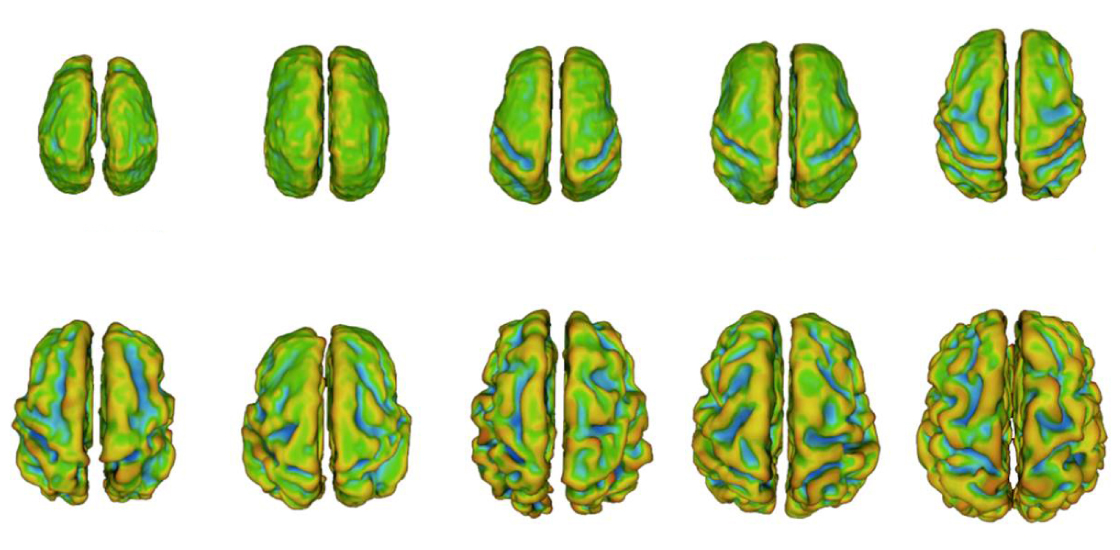Music engages the brain over a period of time he said and the process of listening to music could be a way that the brain sharpens its ability to anticipate events and sustain attention Baker and Elana Goodwin Studies have shown that listening to music before studying or performing a task can be beneficial as it improves attentionand even your ability to do mental math as well as helping lessen. Learning with music melody as a mnemonic reading comprehension listening comprehension background music working memory.
 20 Important Benefits Of Music In Our Schools Nafme
20 Important Benefits Of Music In Our Schools Nafme
Listening to music increases the neurotransmitter dopamine.

How does music affect learning. Research shows that the majority of students listen to music whilst working believing it helps them manage the stress and anxiety they experience when studying. Music has an overall calming effect that can affect several key factors related to coronary issues. Exposing children to music during early development helps them learn the sounds and meanings of words.
Music and the Brain explores how music impacts brain function and human behavior including by reducing stress pain and symptoms of depression as well as improving cognitive and motor skills spatial-temporal learning and neurogenesis which is the brains ability to produce neurons. Learning music improves literacy and schooling ability. Music helps teachers to create the right atmosphere in the classroom supporting and motivating students to work hard sparking their interest in learning tasks and helping them to focus.
Neuroscience research into the neuroscience of music shows that musicians brains may be primed to distinguish meaningful sensory information from noise. Music has many mathematical applications and can make a math lesson a real life need instead of useless information. To continue the above there is also this article.
Listening to the songs you love may lower your blood pressure decrease your heart rate and bring an overall sense of calmness. Dopamine is the brains motivation molecule and an integral part of the pleasure-reward system. Music builds a supportive atmosphere.
It assumes that music that puts you in a positive mood has a positive effect on your performance. Stress in particular has been shown to be a major component in some heart related issues. Music Boosts Brain Chemicals One of the ways music affects mood is by stimulating the formation of certain brain chemicals.
It s part of what makes us human Most people enjoy listening to music. Music can provoke deep emotions influence ones mood and affect their cognitive performance. Studies have shown that music produces several positive effects on a humans body and brain.
Dancing to music helps children build motor skills while allowing them to practice self-expression. Music activates both the left and right brain at the same time and the activation of both hemispheres can maximize learning and improve memory. For starters songs can make it easier to remember information.
Just ask someone who watched Schoolhouse Rock how a bill becomes a law or someone who watched The Animaniacs to name all the presidents. And it makes sense that learning music can help with learning math. Or ask anyone to recite the alphabet.
Find out musics effect on your body and brain and see how to enhance your studying with songs. Upbeat music including songs with positive lyrics can provide an energy boost and get your brain primed for learning. Lehmann JAM and Seufert T 2018 Can Music Foster Learning Effects of Different Text Modalities on Learning and Information Retrieval.
Once its time to buckle down and concentrate howeverlike when you need to read write or study your course materials instrumental music and soothing genres can help you stay calm and focused. Those children who take music lessons should those lessons begin at least by the age of 8 years old should gain the benefit. This ability seems to enhance other cognitive abilities such as learning language memory and neuroplasticity of various brain areas.
Listening to music also engages the brain in a way that can help learning. Another idea is the changing state hypothesis which states that rapidly changing music will distract learning and lead to poor performance 4. Music and How it Effects Our Learning Mark Churchill 2007 said Every kid--and grownup--is affected by music.
Does listening to music help students learn more effectively and efficiently. From early childhood we are taught songs like the ABC s that help children grasp concepts that. Music lessons are probably the most applicable experience in this study.
It helps the body and the mind work together. For children and adults music helps strengthen memory skills. This however doesnt mean that learning a musical instrument early on.










